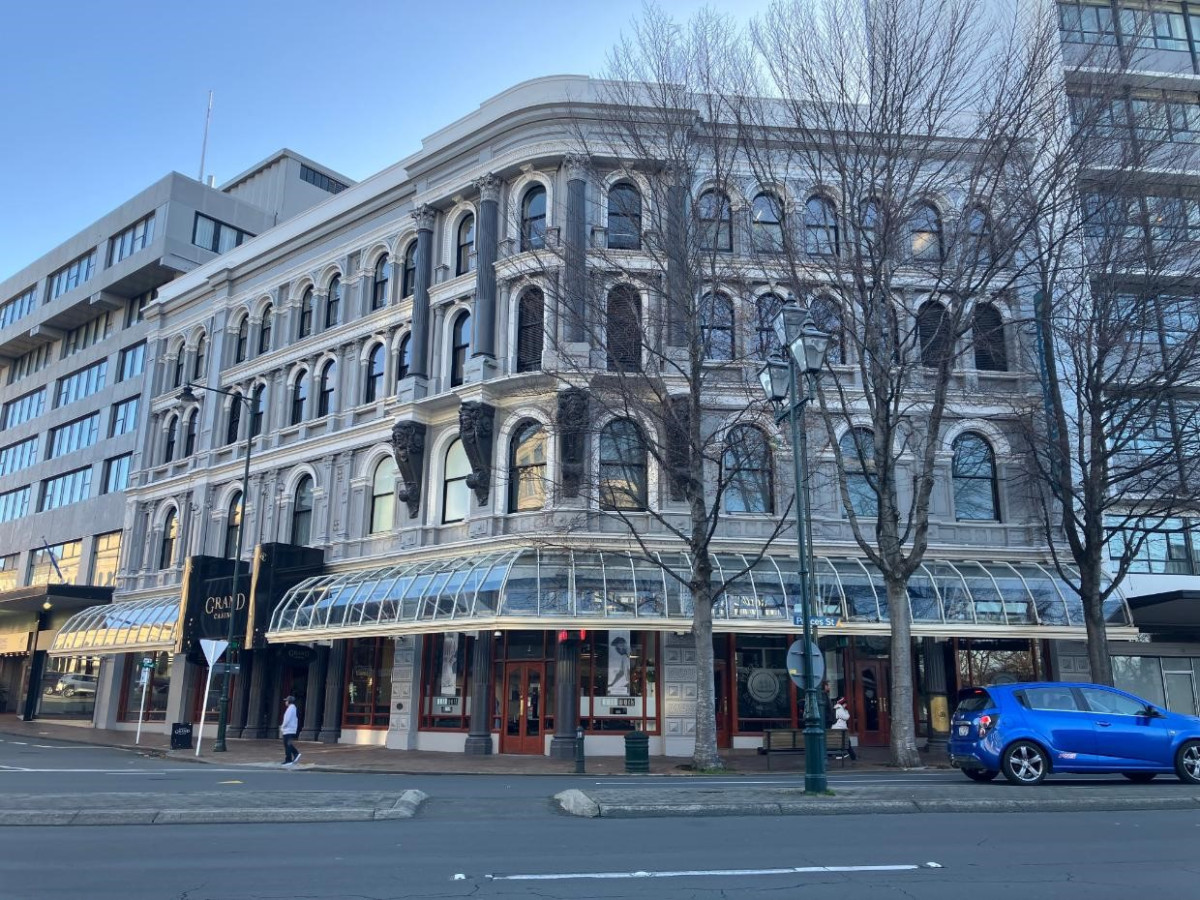Dunedin casino seeks 15-year licence renewal

A quarter of a century ago a licence was granted allowing a casino in Dunedin, and it is now up for a renewal for the first time.
The 25-year licence was initially granted on 17 February 1999, with the casino opening its doors to the public on 6 October that year.
That licence expires midnight 5 October 2024, and the company behind the High St casino, Dunedin Casinos Ltd, is applying for a 15-year licence.
The Dunedin casino, which trades as Grand Casino, was one of only five casinos in the country, after Queenstown’s Wharf Casino surrendered its licence in March, while two of those had already been granted new licences.
That included Christchurch Casino, which had its licence renewed in 2019 for 15 years, while SkyCity Auckland’s next renewal was in 2048.
SkyCity Queenstown Casino’s licence expires next year, while the licence for SkyCity Hamilton expires in 2027.
Dunedin Casinos Ltd was largely owned by Lani Hagaman, who holds a 42% shareholding; while Christchurch Casinos Limited (CCL), which is solely owned by Skyline Enterprises Limited, holds a 33% shareholding.
The casino was located in a Heritage 1 status building, which was designed by prominent Italian architect Louis Boldini. When it opened in 1883 it was considered to be the most luxurious hotel in the southern hemisphere.
The casino’s gaming tables are located in the hotel’s former ballroom, and since Covid it operated 10 gaming tables, with a variety of game mixes including blackjack and roulette. The casino also operated 150 electronic gaming machines.
As part of its application to the Gambling Commission, Dunedin Casinos Ltd cited its good working relationship with the Department of Internal Affairs (DIA), and its strong compliance history.
It also argued that there was a clear ‘net benefit’ to the Otago region and New Zealand generally.
Like the country’s other casinos, it was a requirement to operate a charitable trust, and the Dunedin Casino Charitable Trust had returned around $2.2 million to the community.
The casino commissioned a report into the impact of the social and economic impact of the casino on the local community.
That report estimated that the casino directly generated 99 full time equivalent jobs, $6.2m of earned gross household income, and $12.8 m of value added.
At a national level, it was expected that the casino generated $15m to $21m in real gross disposable national income per annum.
The casino attracted 2577 patrons through its doors each week during the 2021/2022 financial year.
Of the more than 200 submissions received, the majority were from people who supportive of the casino and the granting of another licence, with only a few opposed.
The opposition included the National Māori Gambling Harm Minimisation Public Health Collective and PGF Services, meanwhile the National Public Health Service (NPHS) Te Waipounamu Region, Health New Zealand - Te Whatu Ora, was neutral.
The Dunedin City Council, which was supportive of the renewal of the licence, urged the Gambling Commission to consider increasing the turnover percentage and the maximum of $110,000 yearly paid by the casino’s charitable arm.
The DCC noted the casino provides a significant entertainment option for the city, with 2577 patrons through its doors each week in the 2021/2022 financial year.
A public hearing will be held in Dunedin at a later date.
Originally published at stuff.co.nz
